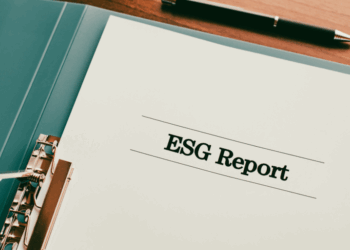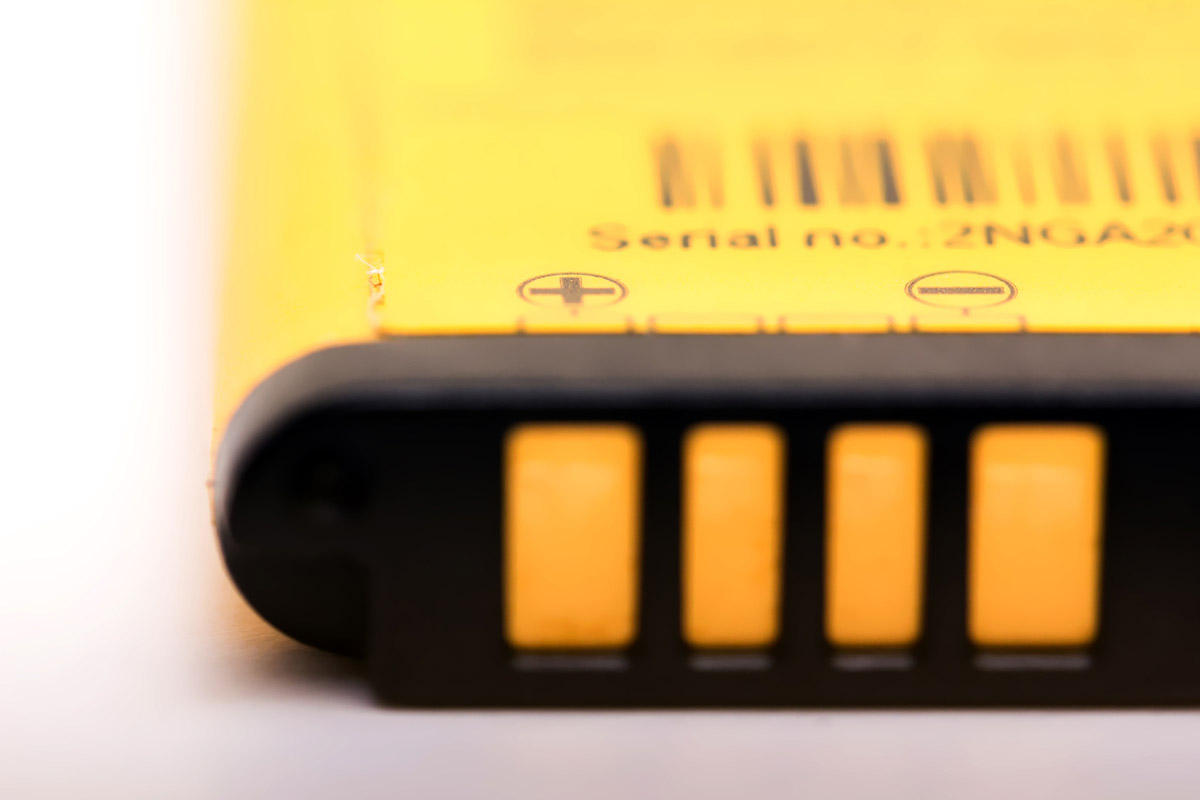Documents obtained by Motherboard show just how onerous the requirements will be for repair shops wanting to participate in Apple’s new Independent Repair Program.
Motherboard, a Vice News outlet that reports on the tech sector, reported it obtained a copy of a contract that repair businesses must sign to participate in the Independent Repair Program (IRP). Apple announced the IRP last year, noting it provides non-Apple-authorized repair shops with the “same genuine parts, tools, training, repair manuals and diagnostics as its Apple Authorized Service Providers.”
According to Motherboard, the contract requires shops to agree to unannounced Apple audits and inspections, and those visits could last for up to five years after a repair shop leaves the IRP. The shop would also have to provide customer information to Apple.
Additionally, IRP participants are required to ship “prohibited products” in their inventory to Apple for destruction, according to Motherboard. Those include counterfeit products and parts that infringe on Apple’s intellectual property.
Under the contract, if Apple determines more than 2% of a shop’s business transactions involved “prohibited products,” the OEM can force the business to pay Apple $1,000 for every transaction that occurred during the audit period, Motherboard reported.
IRP program participants would have to post a notice to customers on their websites and in their shops that they are not Apple authorized. They must also obtain written acknowledgement from their customers that Apple won’t warranty the repairs.
Motherboard reported that electronics brands have cited the launch of the IRP when lobbying in state legislatures against right-to-repair legislation. The IRP was also cited in Apple’s written responses to questions from a U.S. House of Representatives subcommittee looking at antitrust issues last fall.

























